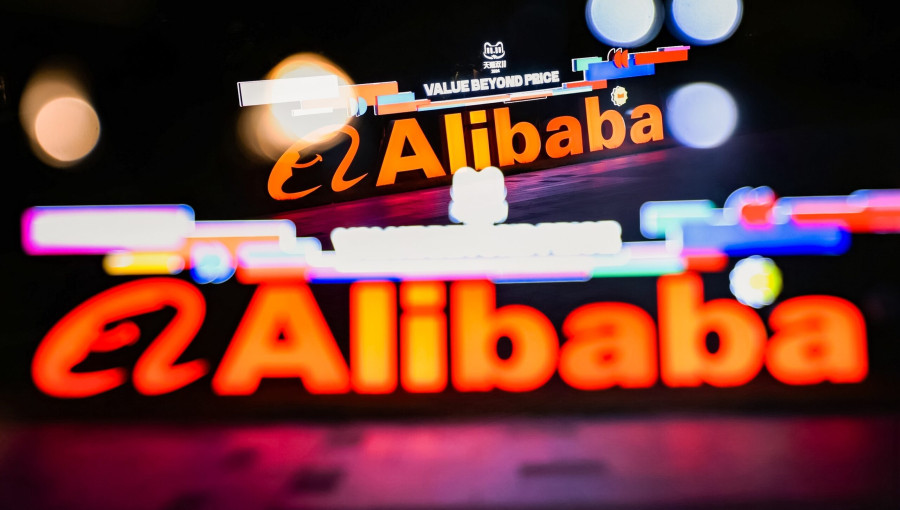Chinese tech giants Alibaba, Tencent, and ByteDance are making significant investments in energy infrastructure, particularly large-scale energy storage, to address the rising power demands linked to generative AI. This move aligns with government mandates requiring new national data centers to source at least 80% of their energy from renewable sources by 2025. With projections indicating that AI could increase data center power consumption tenfold by 2022 levels, the demand for energy storage is on the rise.
Alibaba is leading the charge with a substantial CNY 380 billion ($53 billion) investment, focusing on integrating renewable energy generation with storage solutions. At its upcoming Apsara Conference, the company plans to showcase projects like the collaboration with Mingyang in Zhangjiakou, which combines 200 MW of wind energy with a 40 MW / 160 MWh storage system. Their Hangzhou data center has already implemented a 50 MWh liquid flow battery system to manage intermittent renewable energy and stabilize power supply. As AI workloads expand, Alibaba emphasizes the importance of energy storage to transition to a high-renewable energy use model across its data centers.
Tencent has also ventured into microgrid design, incorporating a blend of wind, solar, and storage capabilities at its facilities. Its Huailai project features an 11 MW solar array, 150 kW wind turbines, and 1.25 MW of battery storage, which collectively meet 71% of the site’s power needs. Additionally, the company is enhancing its Tianjin data center with energy storage systems to bolster the integration of renewable resources and ensure efficient grid management.
ByteDance, the parent company of TikTok, has announced plans to acquire at least 200 MWh of lithium-ion storage systems to complement its renewable energy solutions at data centers. Coupled with their ongoing investment in AI infrastructure, ByteDance anticipates that every 100 MW of new AI computing power could necessitate 450-800 MWh of storage capacity, showcasing the interconnectedness of energy strategy and computational demands.
These developments among Alibaba, Tencent, ByteDance, and similar entities reflect a noteworthy industry shift, as increasing data center energy needs elevate energy storage from a niche market to a core component of the AI landscape. As power consumption from data centers and 5G networks in China is expected to rise from 3% to 6% of the total energy use by 2027, analysts predict that about 30% of new data center developments will now integrate energy storage systems. With global projections indicating a significant surge in data center storage needs by 2030, well-capitalized firms are positioned to redefine storage markets through vertical integration, ultimately transforming digital infrastructure into intelligent energy resources capable of meeting dynamic demands.

